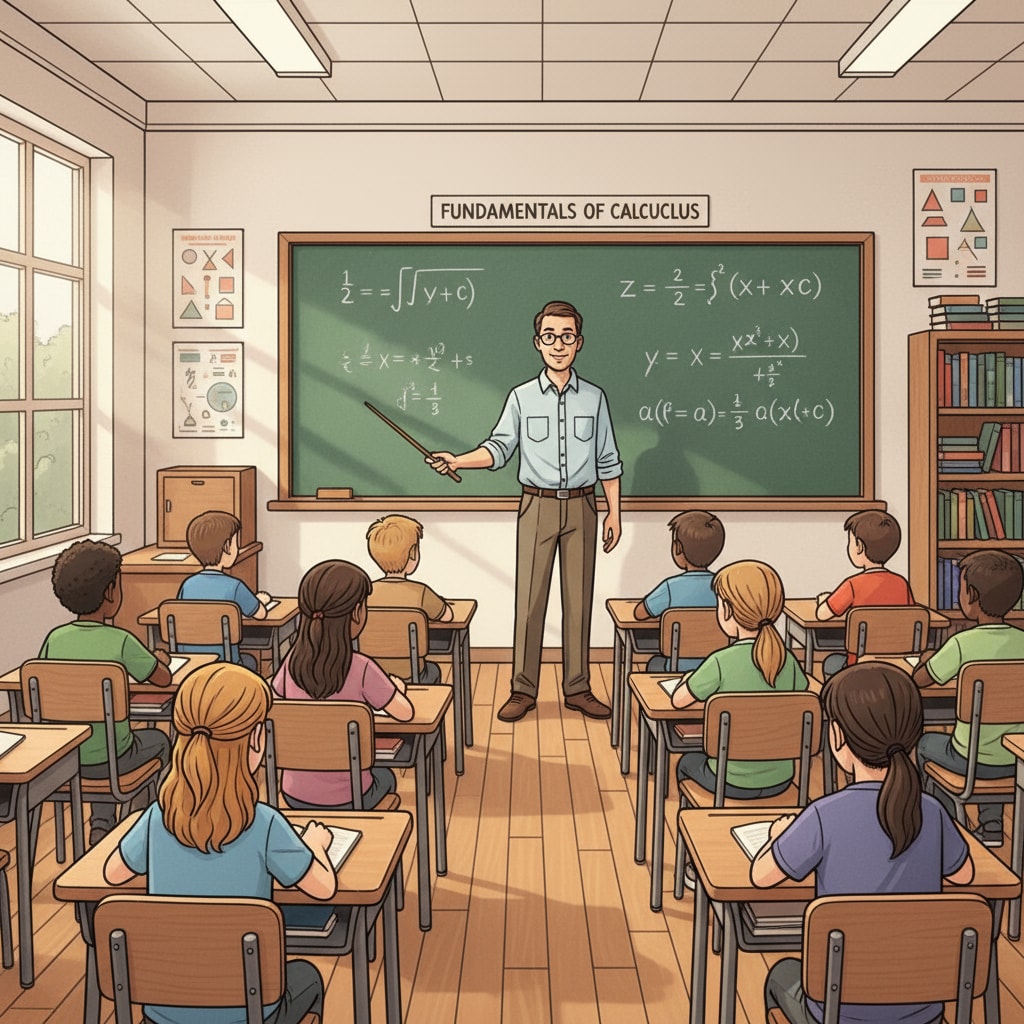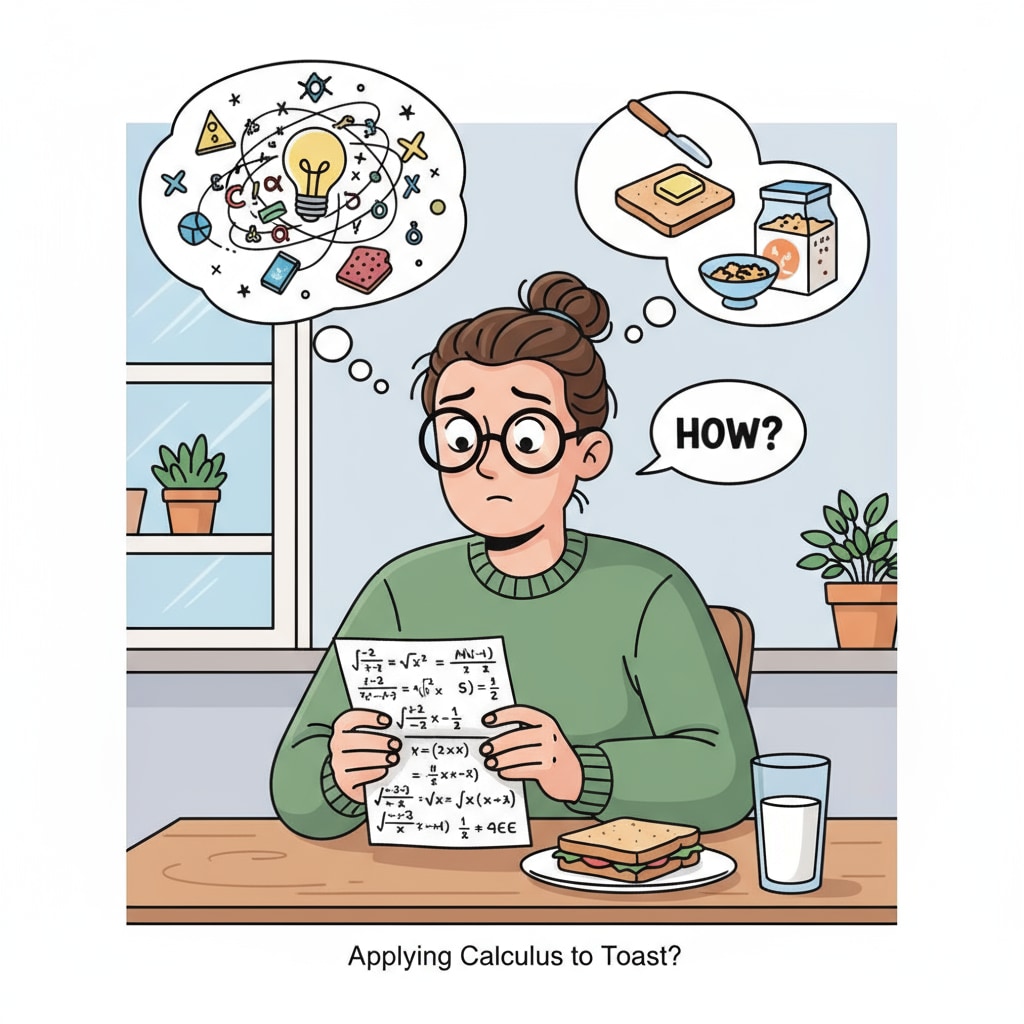Mathematics education, practicality, and advanced mathematics are topics that have long sparked debates. In K12 education, the teaching of advanced mathematics has been a staple, but its real-world utility in the daily lives of ordinary people is often questioned. For example, concepts like trigonometry and the Pythagorean theorem, which are part of advanced math curricula, may seem distant from the average person’s daily activities.

As we progress through school, we are taught a wide range of mathematical concepts, but do they all serve a practical purpose in our lives?
The Question of Practical Use
Most of us can recall spending hours in math classes, struggling with complex equations and theories. However, when we step out of the academic environment, it’s not always clear how these advanced math skills translate into practical applications. For instance, how often do we need to use trigonometric functions in our daily shopping, cooking, or commuting? In fact, for the majority of people, these advanced math concepts rarely, if ever, come into play in their day-to-day routines. As a result, many start to wonder if the extensive time and effort spent on learning advanced math in K12 education are truly worth it.

Rethinking Math Education
Given the limited practical use of advanced math in ordinary life, it might be time to rethink math education. Instead of solely focusing on advanced theoretical concepts, we could consider integrating more practical, real-world math into the curriculum. This could involve teaching financial literacy, basic statistics for understanding data in the media, or geometry for home improvement projects. By doing so, students would be better equipped with skills that are directly applicable to their future lives. Moreover, this approach might also increase students’ interest in math, as they would see its immediate relevance to their daily experiences.
In conclusion, while advanced mathematics has its place in certain fields and academic pursuits, its practical value in the daily lives of most people is debatable. Mathematics education should strive to strike a balance between teaching theoretical knowledge and practical skills. By reevaluating the role of advanced math in K12 education, we can better prepare students for the real world. Mathematics education on Wikipedia Mathematics education on Britannica
Readability guidance: The article uses short paragraphs to make the content more accessible. Each H2 section has a clear focus. The use of passive语态 is minimized, and transition words like ‘however’, ‘for instance’, ‘as a result’ are used to enhance the flow. Lists could be added in future expansions to further clarify points.


